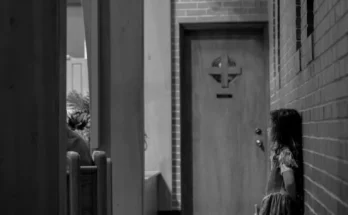When Sam, my father-in-law, gifted us a charming old house, it felt like a dream come true. Nestled beside my brother-in-law Jonathan’s home, it had character, warmth, and the promise of a fresh start. My husband Noah and I had been married for two years, still finding our footing, and this generous gesture seemed like the breakthrough we needed.
But beneath the surface of this gift lay a quiet storm.
The house was technically co-owned—Sam and Noah’s names were on the title. We were responsible for taxes, utilities, and renovations. I didn’t mind the work; I loved the house. What I didn’t love was Sam’s constant interference. Every decision had to be run through him. Every update was filtered through Noah. I was being sidelined in my own home.
Then came the moment that changed everything.
One morning, while sipping coffee in the kitchen, I overheard Sam talking to Noah. His tone was firm, almost commanding. He wasn’t just offering advice—he was dictating terms. He spoke as if the house was leverage, not a gift. As if Noah owed him obedience in exchange for ownership. And worst of all, he spoke about me like I was a complication to be managed.
I felt my stomach drop.
This wasn’t generosity. It was control disguised as kindness. I realized that accepting the house meant accepting a lifetime of being undermined, of having my autonomy chipped away by someone who saw me as secondary.
So I did the unthinkable.
I confronted them both. I told Sam to take the house back. I refused to live under conditions that erased my voice. The fallout was immediate—shock, anger, confusion. But I stood firm. Because no matter how beautiful the house was, it wasn’t worth losing myself.
We moved out. It was messy, painful, and uncertain. But it was also liberating.
Sometimes, the most generous gifts come with the heaviest chains. And sometimes, the bravest thing you can do is walk away from what everyone else calls “perfect.”


